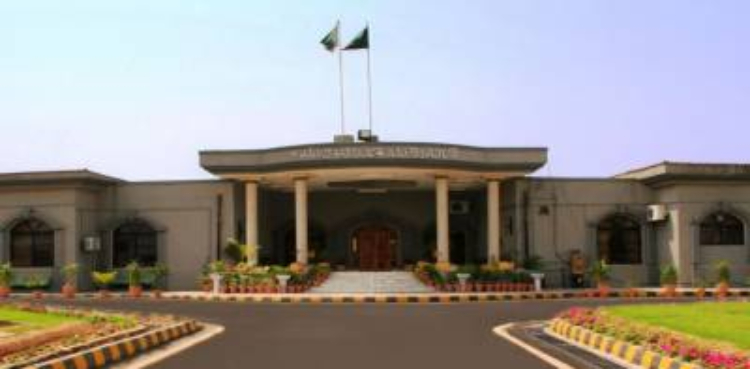SRINAGAR: Six days after the death of veteran Kashmiri resistance leader Syed Ali Shah Geelani, his close aide Masarat Alam Bhat, who is in jail, has been elected as the chairman of the All Parties Hurriyat Conference (APHC).
Syed Ali Geelani, the 92-year-old leader, passed away on September 1 at his residence where the Indian government had detained him for the better part of the last decade, reported the international media.
Although Geelani was named chairman of the APHC for life, he stepped down last year over differences with the constituent parties. APHC, an alliance of several parties that has led political resistance against Indian rule since the early 90s, however, had not named anyone to replace Geelani.
According to the latest reports, Masarat Alam Bhat succeeds Syed Ali Geelani, while Shabir Ahmad Shah, another jailed leader once hailed as the “Nelson Mandela of Kashmir,” has been made the new vice chairman of the alliance.
Shah has spent a total of 33 years in Indian prisons intermittently since the 80s. At present, the Indian government has jailed most top leaders of APHC and recent media reports suggest the group might be banned, just as other political and religious organisations that have been outlawed since 2019.
51-year-old Bhat, like his predecessor, is an uncompromising proponent of Kashmir’s freedom and has been under detention for some 25 years – the longest preventive custody in Asia, according to some lawyers.
The Public Safety Act (PSA), which authorises the government to detain a person without bail for up to six months, has been repeatedly used against Bhat. The grounds for detention have sometimes been contradictory.
For example, one of the reasons for Alam’s detention in 2003 was that he had “divided the Hurriyat Conference,” while a 2008 detention order said he had “united the Hurriyat Conference.”
Simultaneously, the police have named him in 50 cases – ranging from inciting protests to waging war against the state – but have yet to obtain a single conviction.
When the Supreme Court facilitated his release in 2015, Prime Minister Narendra Modi stood on the floor of the Indian Parliament and described Alam’s possible freedom as a “national outrage.” Since 2015, he has been continuously under detention and the chances of his release appear bleak under the Modi government.

















































